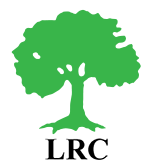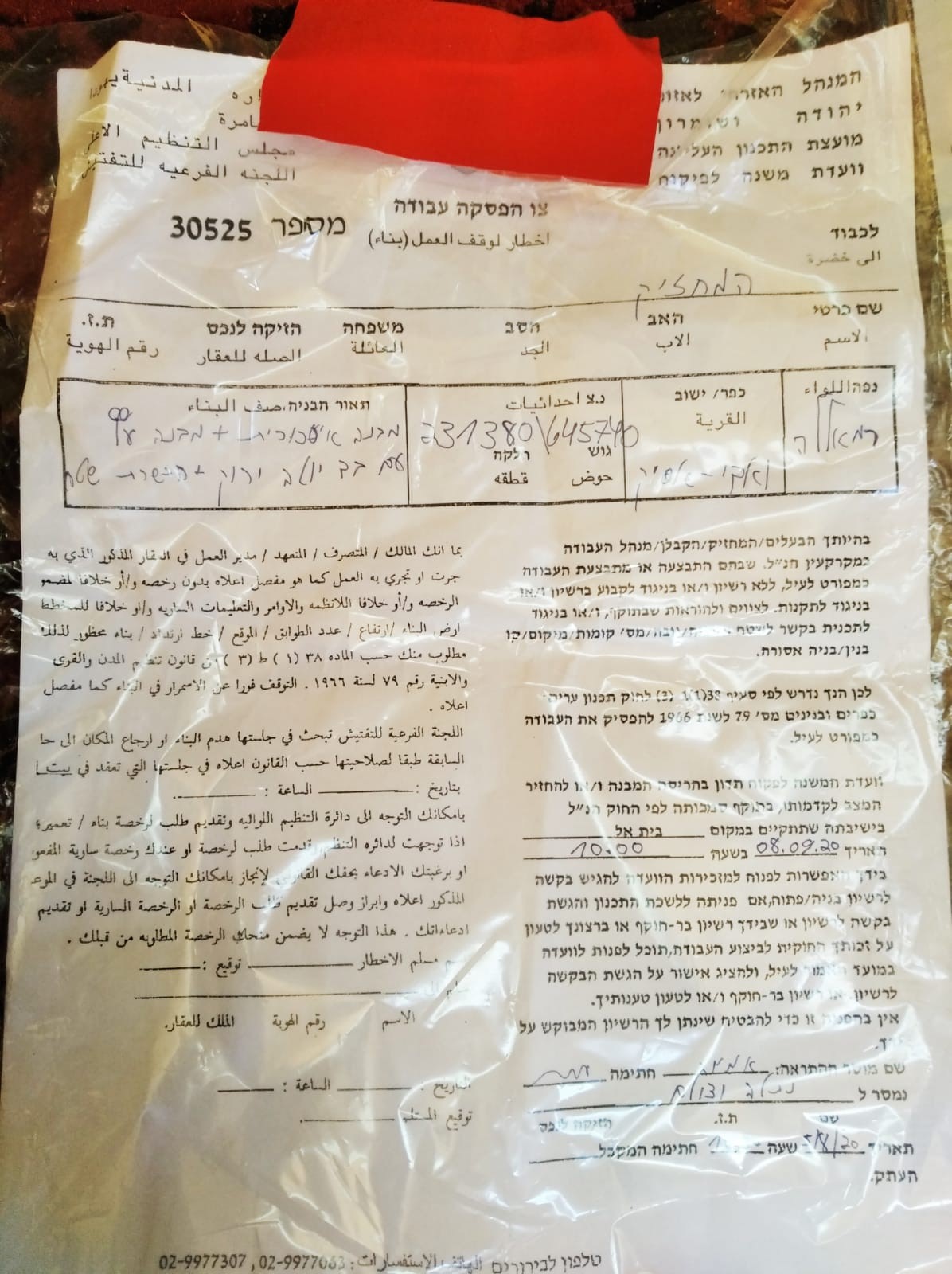Related
Demolition and confiscation of 14 tents and residential and agricultural facilities in "Wadi Al-Siq" north of Ramallah
Violation: demolishing and confiscating residential and agricultural tents.
Location: Wadi Al-Siq / Ramallah Governorate
Violation date25/08/2020.
Perpetrators: the Civil Administration.
Affected people: Four local families .
Violation details:
On Tuesday morning, August 25, 2020, the Israeli occupation authorities demolished an agricultural barrack, a barn used for raising sheep, and another metal barrack used as housing, in the al-Kaabineh Bedouin community in “Wadi al-Siq” area, northeast of Ramallah.
This action coincided with the confiscation of 11 other residential and agricultural installations and solar cells in the same Bedouin community under the pretext of building without a permit within the area classified (C) according to Oslo Agreement.
It is noteworthy that the process of demolishing the facilities and displacing the population in Wadi Al-Siq is the first of its kind since the year 1996, as it came after a group of settlers, who claimed ownership of that area, had tried to establish a colonial outpost over there. 40 Palestinian families, totaling 210 members, are affected by the demolition..
Effects of demolition and confiscation
It is noteworthy that the facilities that were demolished or confiscated are three houses and five agricultural establishments owned by four families who live in the community, who had received notices to stop construction under the pretext of building without a permit in zone C. Through one of the legal organizations the families applied for a license to the Israeli Sub-Committee for Planning and Building, based at the settlement of "Beit El", but the occupation authorities refused to get the licensed issued under the pretext that the families do not possess official documents confirming their ownership of the land which is administratively and financially attached to the basins of Deir Dibwan town north of Ram Allah.
Name of victim
|
# family member
|
# children
|
# cattle heads
|
Type of destroyed and confiscated structures
|
Odeh Awad Fazzah Al -Kaabneh
|
7
|
0
|
67
|
|
Sulieman Mustafa Sulieman Al-Kaabneh
|
13
|
10
|
82
|
|
Ahmad Sulieman Mustafa Al-Kaabneh
|
4
|
2
|
42
|
|
Sulioeman Salim Al Al-Kaabneh
|
10
|
6
|
85
|
|
|
34
|
18
|
276
|
|
Source: Field Research - The Israeli Violations monitor Division - Land Research Center - August 2020.
For his part, Sheikh Abd al-Rahman Mustafa al-Kaabneh, head of the Bedouin al-Kaabneh community in Wadi al-Siq, confirmed to the Land Research Center researcher, saying: “There is an intense campaign on the part of the occupation authorities against the community to empty the area of its indigenous inhabitants, noting that the community’s residents have been living in Wadi al-Siq for more than 40 years. This continuous campaign aims at provoking the population by raiding the pastures and trying to close them. In last May the occupation authorities delivered 26 notices to stop construction, and 12 notifications in the past year. The recent notices affected more than 20 families in the gathering, paving the way for the implementation of the displacement plan for the indigenous residents, with the aim of annexing their lands to Israel".
It is noteworthy that the Al Kaabneh community has a total of 40 families in Wadi Al-Siq, and they depend on raising livestock as their main and only source of income, knowing that the land on which they reside is actually registered with the names of farmers from the neighboring village of Deir Dibwan. The community location is situated to the east of the bypass road known as the road Alon.
Notice to stop work and construction:
In the same context, the so-called Construction and Organization Inspector of the Israeli Civil Administration handed over citizen Mustafa Suleiman Mustafa Suleiman al-Kaabneh from Wadi al-Siq a military notice bearing the number 30525 and containing an order to stop construction under the pretext of non-licensing. The delivered notice fixed a hearing session on 5/8/2020 by the Sub-Committee for Planning and Building of the Supreme Council for Planning based on the settlement of "Bet Eel", with the aim of examining the legality of the facilities in question.
It is noteworthy that the affected farmer supports a family of 9, including 4 children, and the targeted facilities are barracks for housing with an area of 80 square meters and a tent to house sheep, built of brackets and shades with an area of 70 square meters and used to raise 49 heads of sheep.
The latest military notice brings to 35 the number of notices that were delivered to families who live in that location within one year.
Picture 5: Notice of work stop
Photo 6: Threatened facilities
The demolition of Palestinian homes and installations by the occupation authorities is part of their violations of international and humanitarian law, and the violation of a right of Palestinian citizens guaranteed by international law and international treaties, which is the right to adequate housing, within the following articles:
• Article 147 of the Fourth Geneva Convention, which states that 'the destruction and appropriation of property in a manner not justified by military necessities and on a large scale in an unlawful and arbitrary manner. They are grave breaches of the agreement. '
• Article 53 of the Fourth Geneva Convention of 1948 prohibits the destruction of property, as this article states the following: “The occupying power is prohibited from destroying any private, fixed or movable property related to individuals or groups, the state or public authorities, or social or cooperative organizations. Unless the war operations inevitably require this destruction.
• Article 33 of the Fourth Geneva Convention states: 'No protected person may be punished for an offense he or she has not personally committed.
• Paragraph 'g' of Article 23 of the Hague Convention of 1907 AD also warned against destroying or seizing the enemy's property, unless the necessities of war definitely require such destruction or seizure.
• Article 17 of the Universal Declaration of Human Rights, dated December 10, 1948 states that "No one shall be arbitrarily deprived of his property."

This report is part of SPLHR project activities
This report was made with EU funding, The contents of this document do not reflect positions and views of the EU


